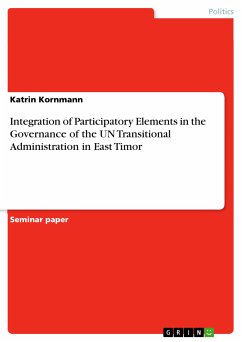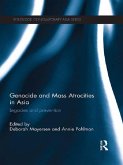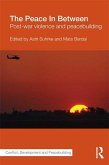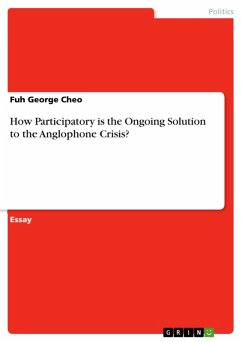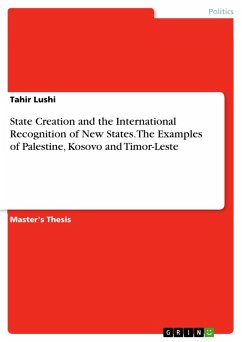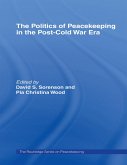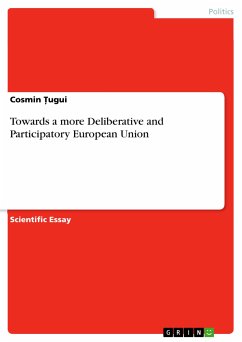Seminar paper from the year 2005 in the subject Politics - Topic: Peace and Conflict, Security, grade: 1,7, University of Constance (Fachbereich Politik- und Verwaltungswissenschaft), course: Conflict Resolution and Post-Conflict Reconstruction as Interorganizational Management, language: English, abstract: The role of the United Nations in the new century will be a different one compared to the traditional observing and discussion role from the past. UN peace-building missions in Kosovo, Eastern Slavonia, East Timor and Cambodia gave a first impression of the future role of the UN in post-conflict situations: To built up a democratic, peaceful nation after war or civil war's destruction of the country. But how could that impressive task be managed? Which problems could emerge and which processes guarantee a successful mission? Of course there won't be a 'one size fits all' model but the lessons learned of the experiences could help to manage future tasks. In this context, the UN mission in East Timor is said to be very successful because within a few years a multidimensional project built up a working administration and a viable democratic state out of a completely destroyed infrastructure and scorched earth with thousands of dead or fled inhabitants. But what made this mission so successful? Was it the multidimensional mandate? The international experts involved? The preconditions of the conflict? The small size of the country? Or even the ownership of the East Timorese people in the peace-building process? The question of participation is a very important one, especially with the perspective of the people once being independent. During the UN peace-building-process the foundation of the future nation's governing structure is laid and it is absolutely crucial to involve local actors in the process of state-building. The problem of the performance for the UN exit of the country after the mission is also a problem of lacking former participation. "No exit without a Strategy" Kofi Annan postulated (quoted in Chesterman et al 2004: 15) - the thinking about the Strategy leads to the problem of participation. But how could one prepare a nation for democracy and good governance from the standpoint of a UN transitional government? The governing structure "benevolent despotism" (Chesterman 2002b) through a multidimensional, centralized mandate is not a very good teaching example. In this work, I would like to focus on one specific theme to analyse - the possibility for the people to participate and the degree of their involvement in the transitional government of the UN. Maybe this task was the key to the overwhelming success of the UN mission in East Timor?
Dieser Download kann aus rechtlichen Gründen nur mit Rechnungsadresse in A, B, BG, CY, CZ, D, DK, EW, E, FIN, F, GR, HR, H, IRL, I, LT, L, LR, M, NL, PL, P, R, S, SLO, SK ausgeliefert werden.
Hinweis: Dieser Artikel kann nur an eine deutsche Lieferadresse ausgeliefert werden.

